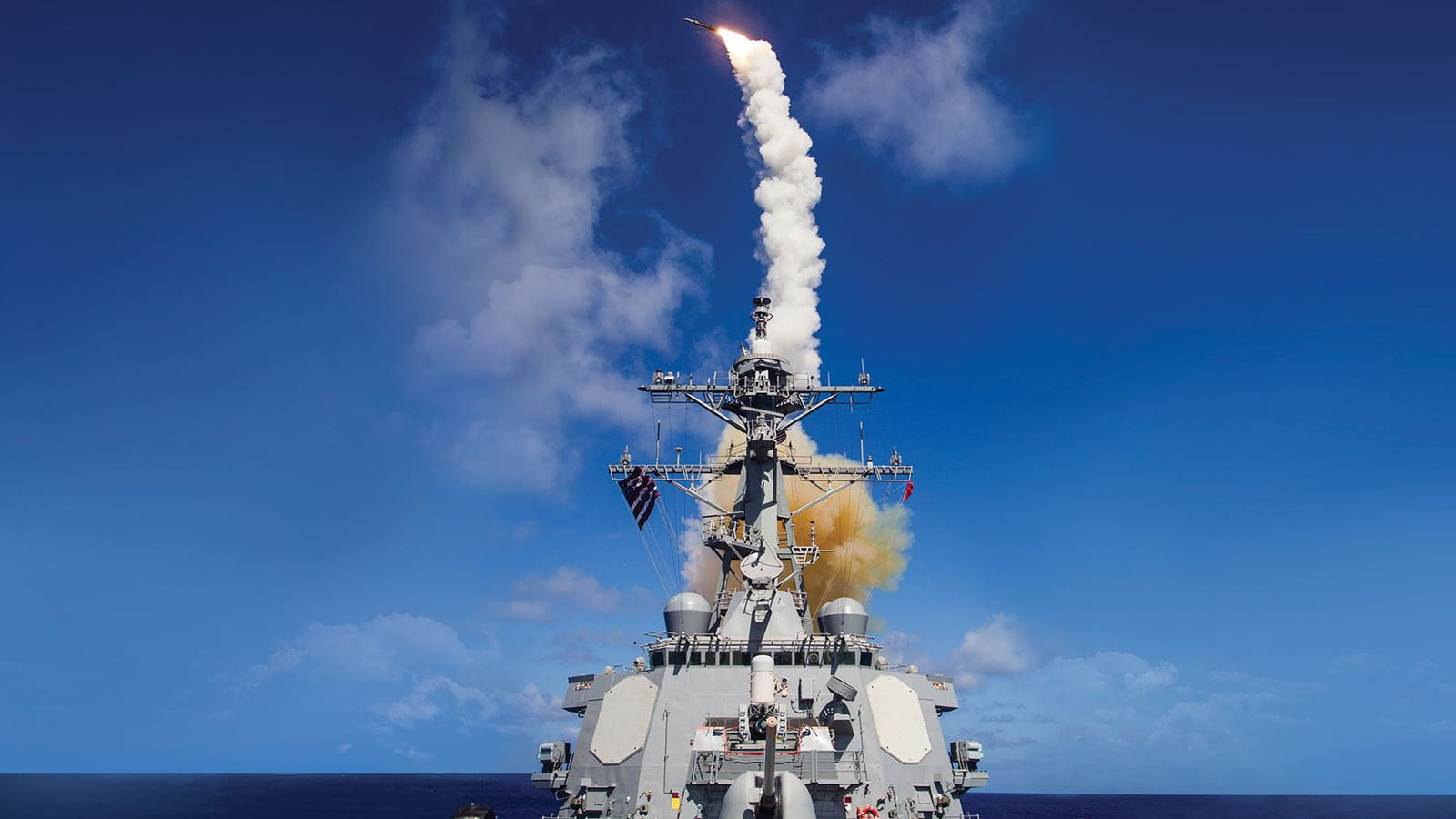
"We've got a Blackhawk [up]. We've got a Blackhawk [up]..." for sale. Photo source: Sikorsky.
One year ago, with rumors of Sikorsky's imminent sale increasing, I made the argument that United Technologies (UTX +1.20%) should not, under any circumstances, let Sikorsky escape its grasp.
Six months ago, new UTC CEO Gregory Hayes indicated that he was inclined to agree, and had no plans to sell off any of his company's "major" divisions, a term which undeniably describes Sikorsky.
Two months ago, Hayes spun on a dime, confirming that he is in fact "exploring strategic options for Sikorsky," up to and including a "Sikorsky spinoff."
Today, it's all but official: Sikorsky is for sale.
Everybody's got an opinion (and some may have more than one)
Now that Hayes has admitted Sikorsky is on the table, the buyers and the media reporting on the buyers are circling. Last week saw multiple articles discuss the spinoff/sale, with Reuters, for example, reporting that Airbus Group (EADSY 2.03%), Boeing (NYSE: BA), and Lockheed Martin (LMT 1.12%) are all "exploring their options."
Reuters notes, however, that an outright sale of Sikorsky would probably present UTC with a tax bill of as much as $3 billion on the sale. Combined with an estimated sales price of $7 billion to $10 billion, this implies that Sikorsky could cost any of these megadefense companies as much as $13 billion, or 1.7 times Sikorsky's annual sales of $7.45 billion (according to S&P Capital IQ data).
Given that none of these companies -- and not even Sikorsky itself -- has a stock selling for such a high price-to-sales multiple, this makes an outright sale unlikely.

Textron already has a plane that thinks it's a helicopter. Soon, they could own the company that makes the world's best-selling helicopter. Photo source: Textron.
But if they can't buy it, who can?
If that's true, though, then to whom can United Technologies sell Sikorsky? Well, Textron (TXT +1.10%), for one.
Crunching the numbers, Bloomberg came to the startling conclusion last week that if UTC were to sell Sikorsky to Textron via a merger and exchange of stock (called a Reverse Morris Trust in industry-speak), and if the companies structure the sale such that the Sikorsky half of the merged company is worth more than the Textron half, then the deal would be tax-free.
Making that last part work will be a bit tricky, though. You see, even valued at the top of its Reuters-estimated worth, Sikorsky's likely price tag tops out at $10 billion. Textron, meanwhile, costs $13 billion. So for a tax-free merger to work, either Sikorsky must get bigger, or Textron must get smaller.
One option might be for UTC to trade Sikorsky plus some other non-core assets to Textron. UTC Aerospace Systems, for example, is a $14 billion-a-year business. Perhaps Hayes can find a few odds and ends in there that might interest Textron? If he could find $3 billion worth of market cap there, it might permit Hayes to cobble together a "Sikorsky-plus" contribution to merge with Textron, such that the Sikorsky side of the merged entity would outweigh the Textron side ever-so-slightly, permitting a tax-free merger to proceed.
A better idea, suggests Bloomberg, would be for Textron to offload a non-core division such as Textron Industrial (which makes such unrelated goods as golf carts) that might reduce its market cap by the necessary $3 billion or so. It would also make synergistic sense, inasmuch as a merged Sikorsky-Textron would be a pretty pure-play business focused on Beechcraft and Cessna airplanes and Bell helicopters for the military and civilian markets.
The upshot for investors
To my Foolish eye, this proposal makes the most sense. No one likes paying taxes, and if there's any way to avoid that, you can bet the CEOs will eventually pick it.
Sure, if all else fails, Sikorsky can be spun off to United Technologies' shareholders as an independent entity, tax-free (at which point, one of the three "usual suspects" Reuters named will probably bid to buy it). But the idea of merging Sikorsky with Bell Helicopters in one fell swoop, handing Textron a powerful aerospace-focused conglomerate before any rivals can start a bidding war that drives up Sikorsky's price, makes a lot of sense for both Textron and Sikorsky.
In short: A spinoff and bidding war is the option shareholders should be rooting for. A straight-out merger with Textron, though, is the most likely option.
How's this for a sales ad? "Buy Sikorsky, get a new helicopter that's as fast as an airplane -- for free!" Introducing the Sikorsky S-97 Raider. Photo source: Sikorsky.











